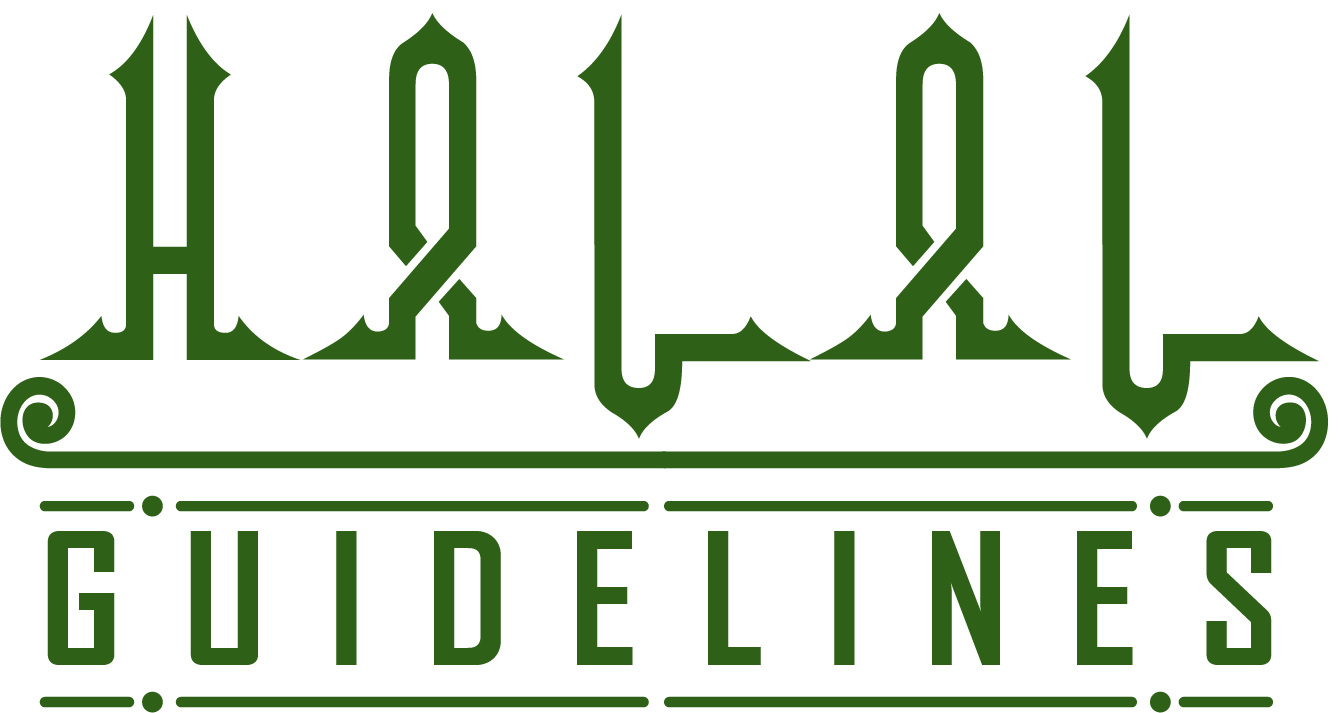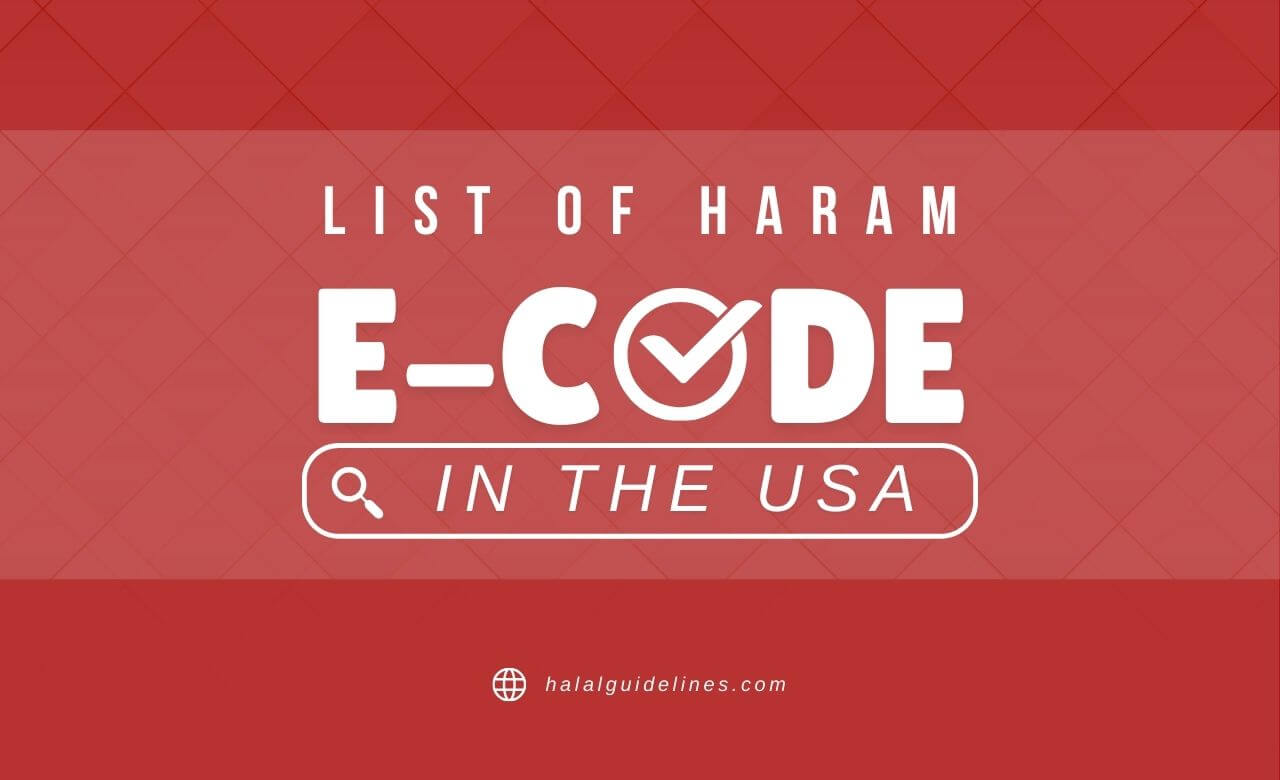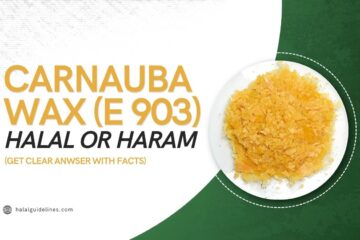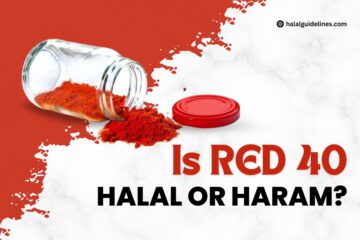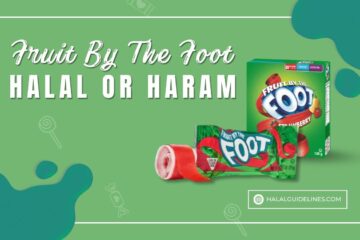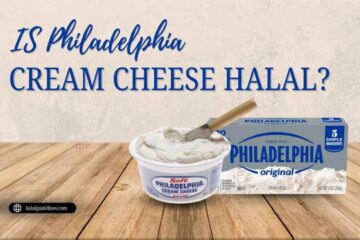As Muslims, we often check the ingredients in food and products to verify they fit our dietary and religious beliefs. Figuring out which additives are allowed can be tricky, especially with E-codes used in food labeling. These codes can sometimes cause confusion about if the item is halal or haram.
Here, we will share a list of E codes that are confirmed 100% haram to help us make informed and confident choices:
1. E120 Cochineal / Carminic Acid
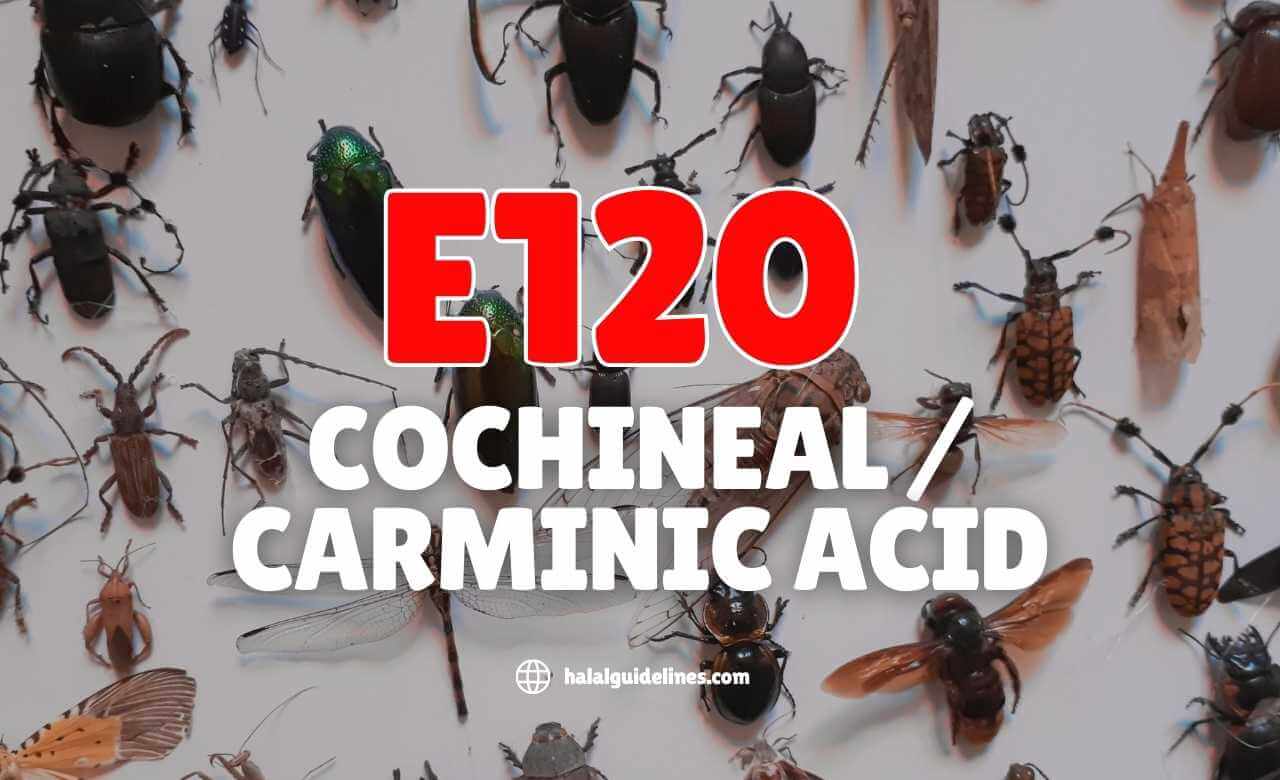
It is known as Cochineal or Carminic Acid and is considered haram because it comes from insects. Specifically, it comes from crushed cochineal beetles, which are not permissible for consumption in Islam.
Since the source is an insect and not an animal that has been slaughtered in a halal manner, it does not meet the criteria for halal consumption.
Common Products Containing E120:
This e-code is mainly used as a red or pink colorant and can be found in a variety of products, such as:
- Candies and sweets
- Yogurts and dairy desserts
- Ice creams
- Processed meats
- Beverages like fruit juices
- Baked goods and pastries
2. E441 – Gelatin
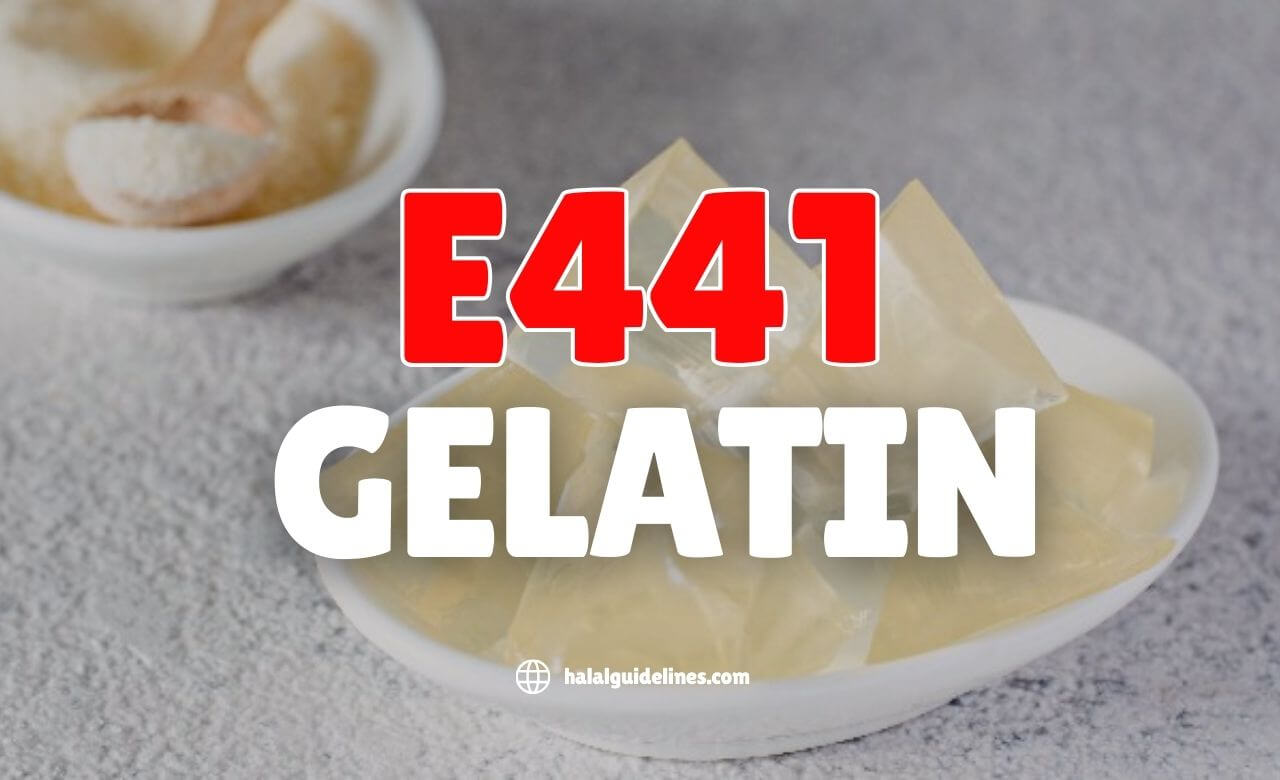
This commonly known as gelatin, is considered haram when sourced from non-halal animals, such as pigs or animals not slaughtered according to Islamic guidelines.
Gelatin is made by boiling animal skin, bones, and connective tissues, and if these animals are not processed in a halal manner, the gelatin becomes impermissible to Muslims.
When It Can Be Halal
Gelatin can be considered halal when it comes from animals that have been slaughtered according to Islamic guidelines (Zabiha).
Specifically when:
- Gelatin from Zabiha-slaughtered beef is halal as it meets Islamic dietary requirements.
- Gelatin derived from fish is also considered halal.
Popular items with E441:
Gelatin is widely used as a gelling agent and stabilizer and is found in many products, such as:
- Gummy candies and marshmallows
- Jelly desserts
- Yogurts
- Capsules for supplements and medicines
- Cheesecakes and other desserts
- Certain processed meats
3. E542 – Edible Bone Phosphate
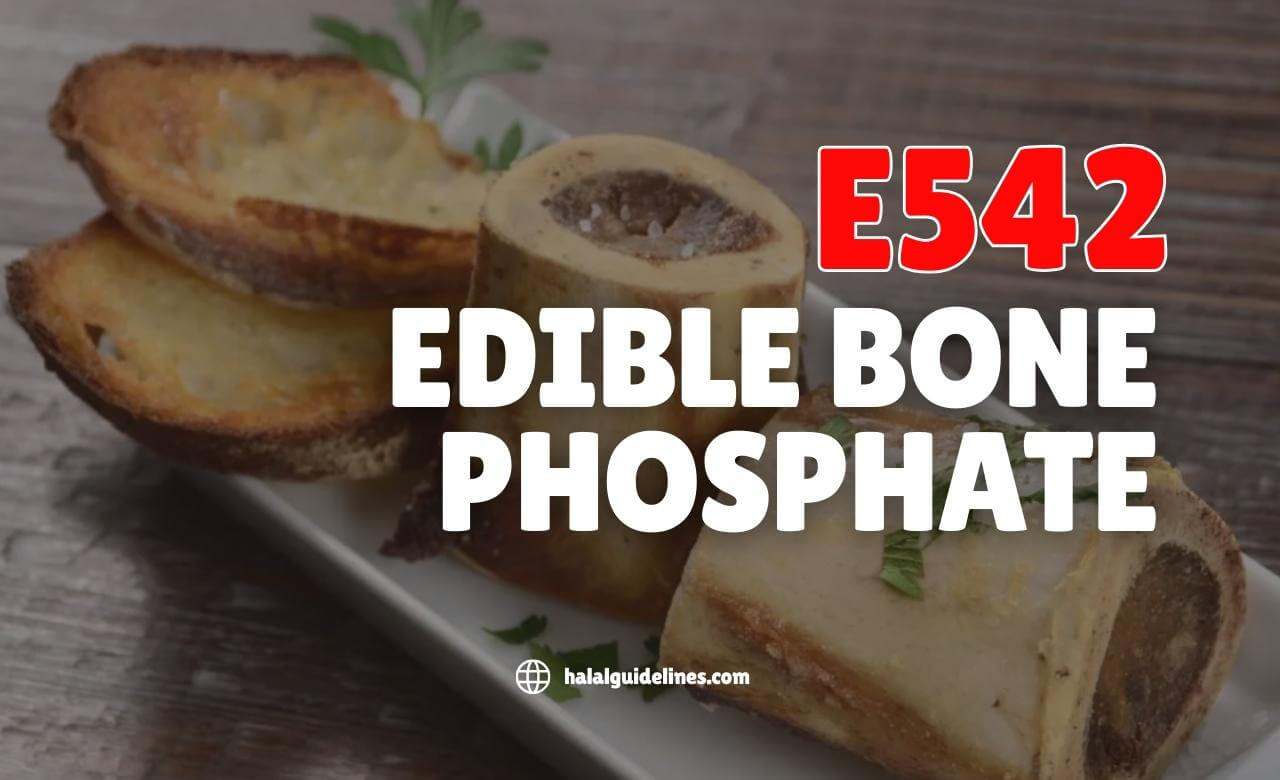
Known as edible bone phosphate, is considered haram because it is made from ground animal bones. If the bones come from animals that were not slaughtered according to Islamic guidelines, the additive is not permissible for Muslims to consume.
The source of the bones is often unspecified, and in many cases, they come from non-halal or unknown sources, which raises concerns.
- Check out our Halal E-Code Checker for more information about E-code
Products Containing this E-code:
This is often used as a source of calcium and as a stabilizer or emulsifier in various products, including:
- Toothpaste
- Some processed meats and deli items
- Certain types of supplements
- Baked goods
4. E904 – Shellac
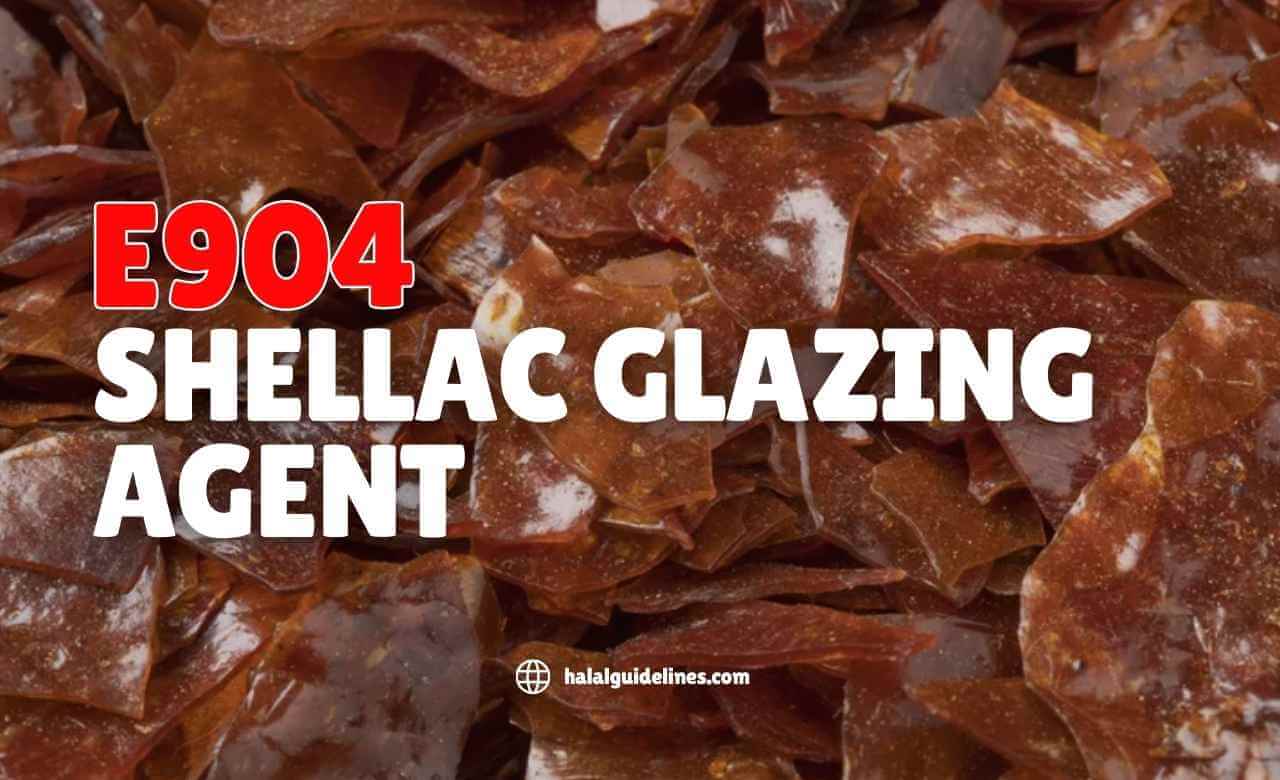
This is haram because it is obtained from insects, specifically the secretion of the female lac bug. This secretion is harvested and processed into a resin that is used as a coating or glaze in various products. Since it comes from an insect, shellac is considered impermissible for Muslims to consume.
Foods and other products with E904 added
It is used primarily as a glazing agent or coating and can be found in:
- Confectionery (candies and sweets)
- Fruits and vegetables (for shiny coating)
- Cosmetics (such as nail polish)
- Pharmaceuticals (used to cover pills and tablets)
Read more items that are halal in the USA
- Halal Snacks Brands List Available in USA
- List of Halal Candies In USA
- Halal Ice Cream Brands List in USA
5. E920 – L-Cysteine
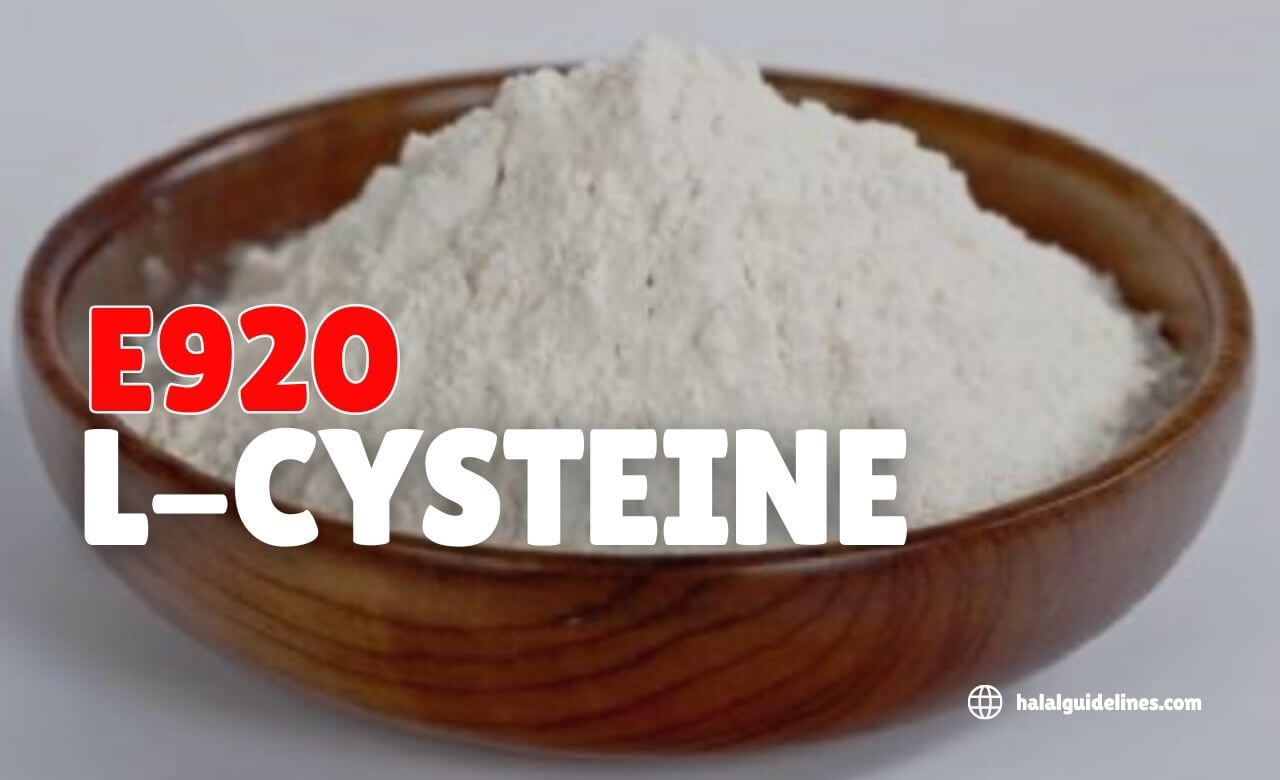
The reason why it is haram is an amino acid used as a dough conditioner in baking and other food processing. It is considered haram when formed from human hair or animal sources that are not halal.
Most L-Cysteine is extracted from human hair, which is not permissible for Muslims, or from non-Zabiha animal sources, which makes it impermissible in Islam.
Regular products made with E920
- Bread and baked goods
- Pizza dough
- Cakes and pastries
- Processed meats (in some cases)
- Soft drinks (as a stabilizer)
6. E999 – Quillaia Extract
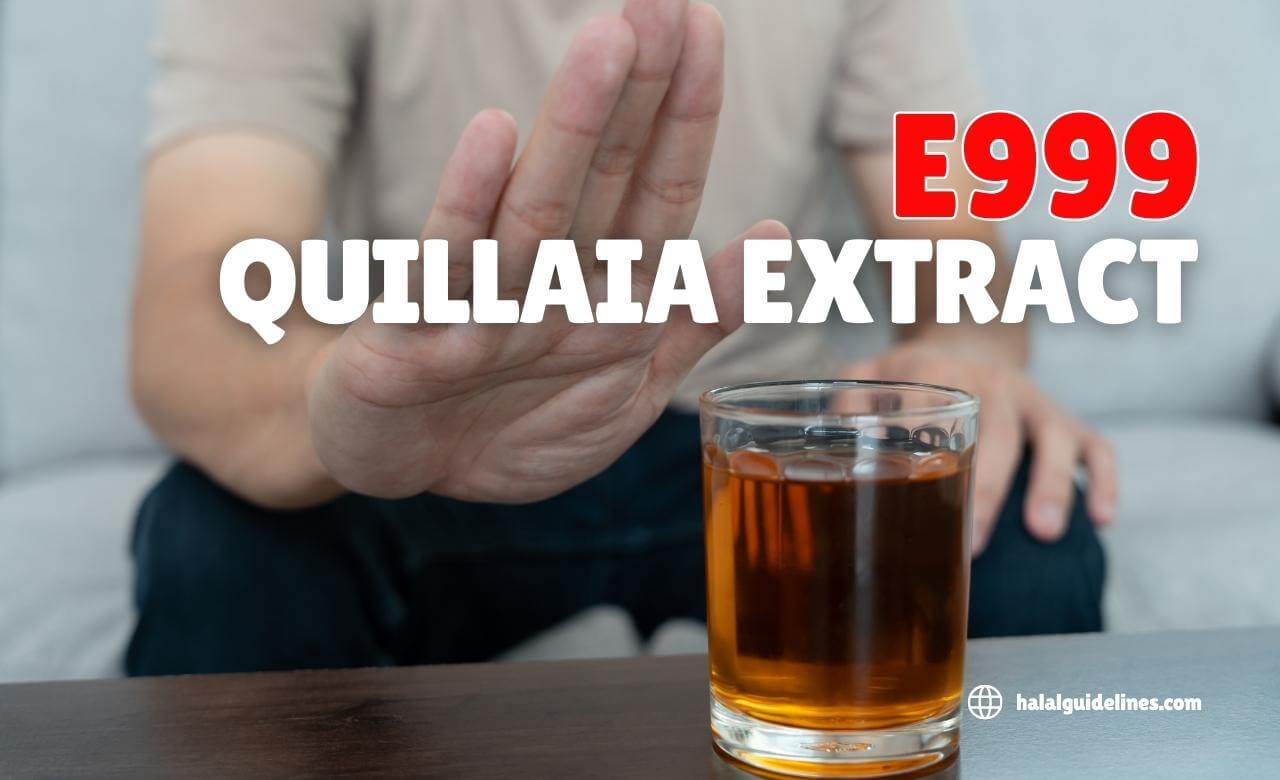
E999, commonly known as Quillaia Extract, is a food additive derived from the bark of the soap tree. It is widely used as a foaming agent in beverages and soft drinks. So, the extraction process involves alcohol, which makes it haram and impermissible according to Islamic dietary laws.
Common Products Containing E999:
- Soft drinks (foaming agent)
- Carbonated beverages
- Confectionery
7. E354 Calcium Tartrate
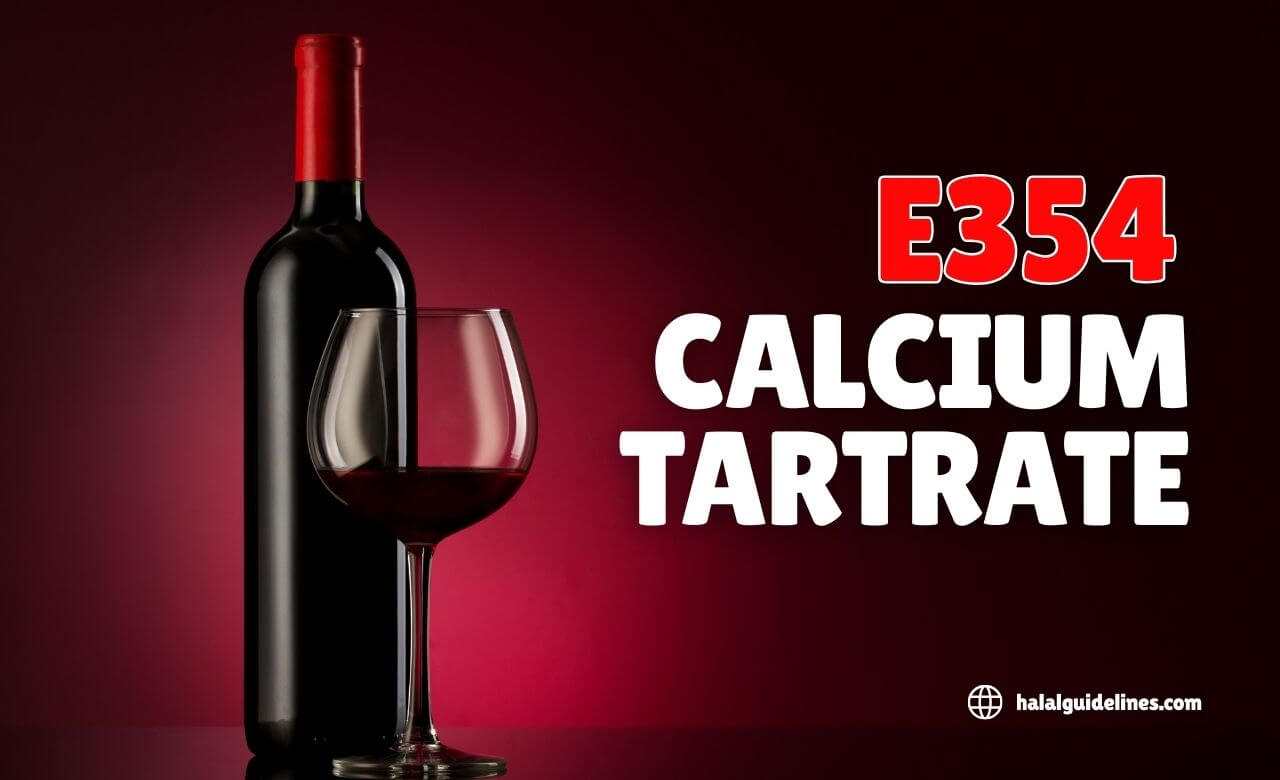
E354, commonly called Tartaric Acid or Calcium Tartrate, is a food additive used as an antioxidant, stabilizer, and pH regulator. In most cases, it is derived as a by-product of winemaking, which involves alcohol and makes it strictly haram according to Islamic dietary laws.
Even in the USA and Canada, where it is often produced from crushed grapes, the production processes are still closely tied to winemaking or alcoholic industries, rendering it impermissible for Muslims.
Products Containing E354:
- Carbonated drinks
- Baking powder
- Jams and jellies
- Confectionery
- Processed foods
Muslims are advised to avoid products containing E354, as its sources are linked to alcohol and winemaking, which are impermissible in Islam.
Why These E-Codes Are Haram in the USA
In the USA, many food additives (E-codes) come from sources that are not halal, such as pork, non-halal animals, or insects. While Muslim-majority countries may source these additives from halal materials, in America, they are often taken from haram sources.
As Muslims, it is very important to always check product labels for halal certification to confirm the food we consume is permissible.
We are a USA-based halal certification company committed to helping our Muslim brothers and sisters by sharing valuable knowledge about halal products and Islamic guidelines. We aim to make it easier for Muslims to make informed choices about the food and products they consume.
How to Confirm If E-Codes Are Halal and Plant-Based
To make sure the E-codes (food additives) in your food are halal and plant-based, follow these simple steps:
1. Look for Halal Certification
The easiest way to confirm if a product is halal is by checking for the halal certification logo on the packaging. This verifies the product meets Islamic dietary standards, including the source of its additives.
2. Check if the E-Code is Plant-Based
If the E-code is plant-based (such as colorings from fruits or vegetables), it is usually halal. You can look for information about the source of the E-code on the packaging or product description.
Vegan products typically use plant-based E-codes, but always verify that no haram ingredients (like alcohol or animal-derived substances) were used in the process.
3. Contact the Manufacturer
If the source isn’t clear on the label, contact the manufacturer directly. Ask if the E-code is plant-based and if any animal-derived ingredients or non-halal processing methods were used.
4. Check Vegan or Halal Lists
Many apps and websites offer lists of vegan and halal ingredients. These lists can help you easily identify if a particular E-code is plant-based or halal.
By using these methods, you can ensure the E-codes in your food are both halal and plant-based, making them suitable for your diet.
Helping Through Knowledge and Halal Certification
At our company, we not only offer Halal Certification Services but also aim to guide Muslims through our knowledge about Islam and halal standards. If you need halal certification for your products or need help understanding what is halal, feel free to contact us. We are here to assist and share knowledge to help you live a halal lifestyle.
